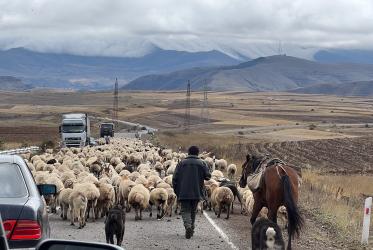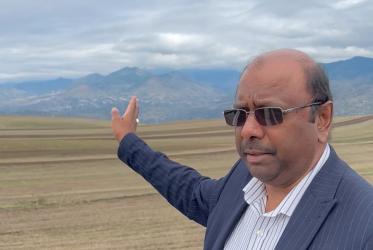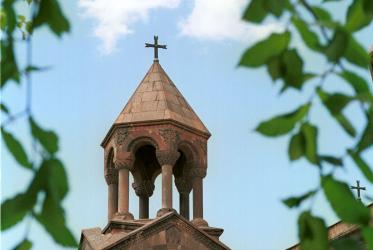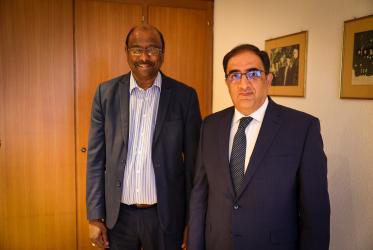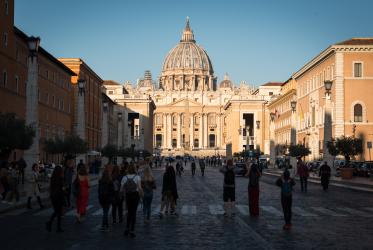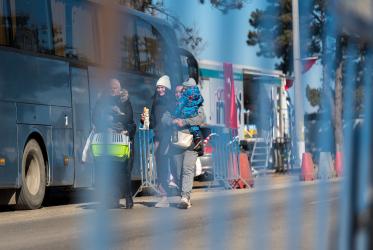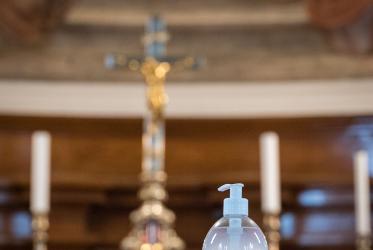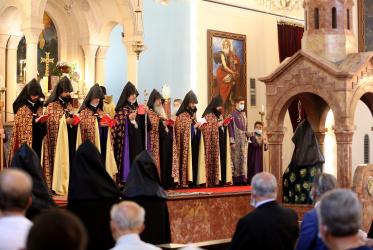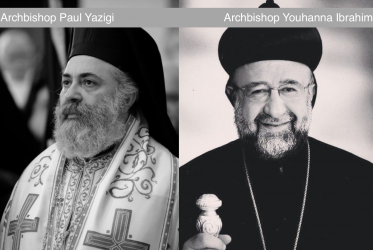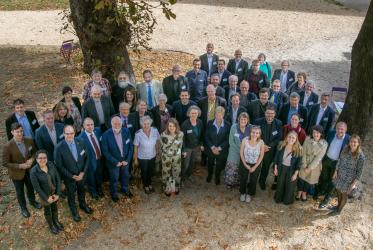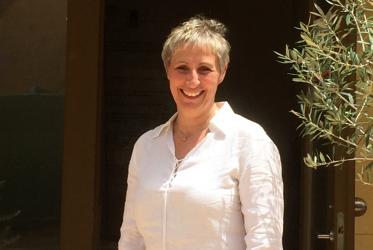Displaying 1 - 20 of 99
25 September 2023
Ecumenical delegation visits Armenia
19 September 2023
WCC delegation to visit Armenia
15 September 2023
WCC acting general secretary visits Moscow
17 October 2022
WCC statement reiterates call for end to conflict in Syria
25 November 2019
Reflection explores humanity, equality in God’s creation
16 September 2019
Dr Saïd Ailabouni: God is on the side of rejected, oppressed, occupied
12 September 2019
